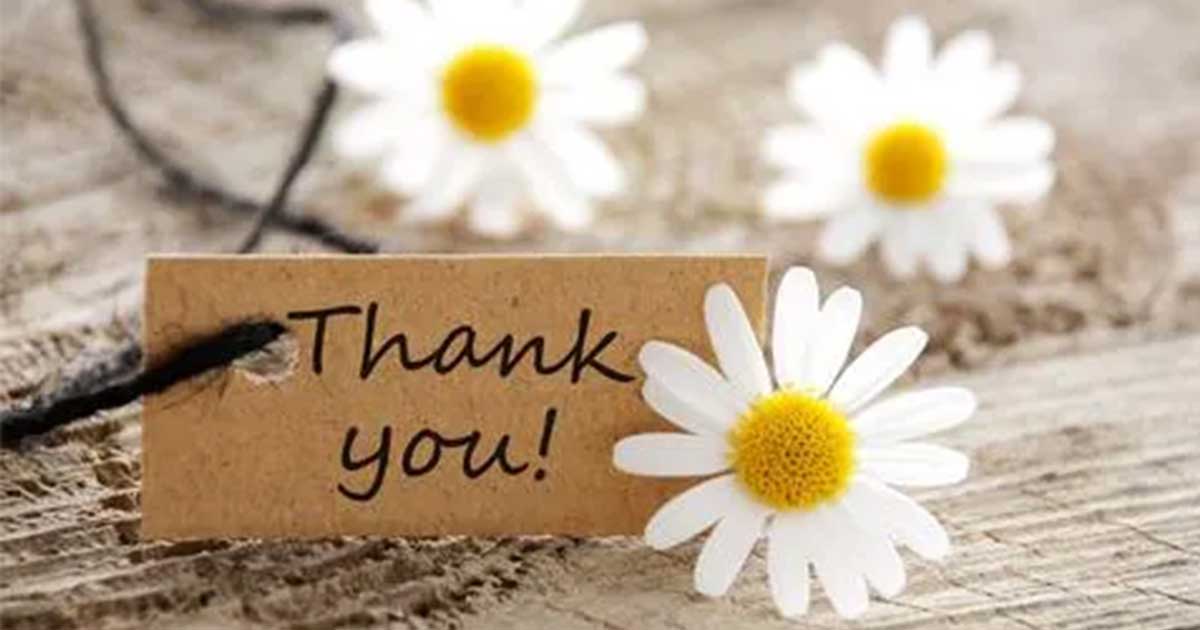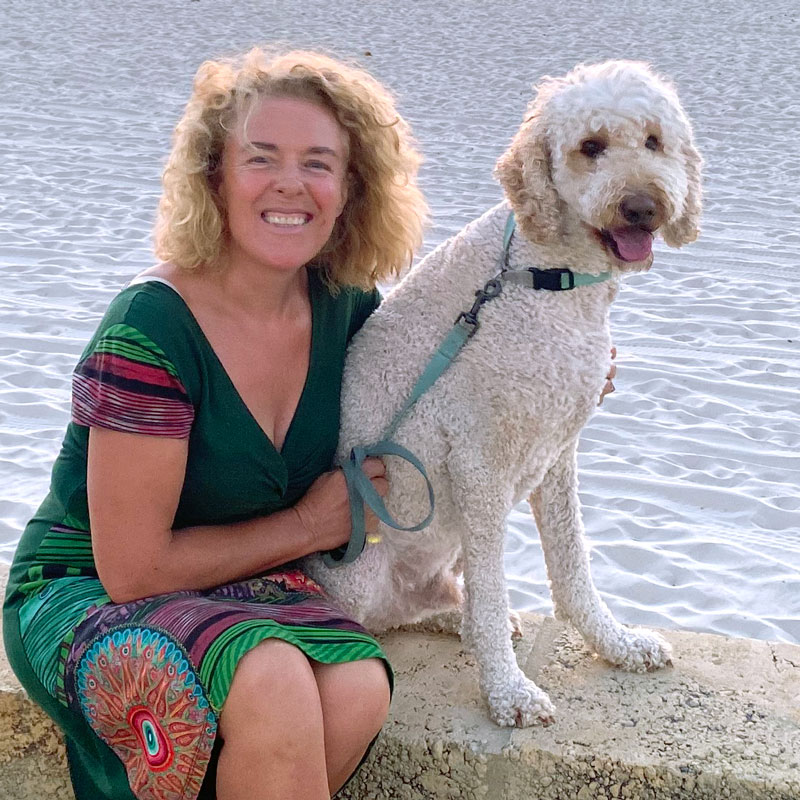I heard a tragic tale the other day of an expectant father whose business had gone under as a result of COVID-19. His wife was pregnant with triplets after years of assisted fertility treatment yet the father-to-be threw himself in front of a bus. On the surface, the dead man’s motivation to end his life was fear of not being able to provide for his family. I realise that there must have been more profound mental health issues at play here, but it was money, or fear of its loss, that was the straw that broke the camel’s back.
Today I want to look at our relationship with money.
Enough or not enough?
That is the question! Like me, you’ve probably heard it said that money is the root of all evil. It would be easy to believe this, especially if we’ve had a nasty run-in with it. But I challenge this statement with the alternative belief that money is energy and can be put to use for better or for worse. It is our relationship with it that makes it either good or bad and reveals much about our relationship with our own self. In his book Seven Habits of Highly Effective People, Steven Covey talks about the ‘scarcity mindset’ versus the ‘abundance mindset’ and wrote ‘if you don’t make a conscious effort to visualize who you are and what you want in life, then you empower other people and circumstances to shape you and your life by default.’ He spells out the importance of establishing your own belief systems that work for you rather than those you might have inherited from your parents or ones that resulted from your early experiences. This is relevant to all of our beliefs, not just those related to money. But let’s just look at how our early life experience can shape the way we see money as an adult. If money was tight, it is quite possible that it was the cause of anger, despair and frustration. We end up attaching these strong emotions to money and allowing them to dictate how we live our lives. Those who adopt the scarcity mindset cling to their money for security, living in fear of what might happen in the future at the expense of going without in the present. Those who adopt the abundance mindset believe that they have enough now and will have enough in the future and therefore enjoy the moment.
The one that matters
It really comes down to our relationship with ourselves. Are we at one with who we are and therefore living our best life? As we all know, there is as much pleasure to be had from giving as there is from receiving. As long as we are living a life that is driven by love, kindness and integrity, we are less likely to hoard or waste money. If we are insecure in ourselves, the decisions we make about money will be made out of fear. There is no doubt that it’s a common condition in this modern era we live in where money is linked to our survival. One hundred years ago, people were more self-sufficient as they lived off the land. Nowadays we worry that we won’t be paid enough to meet our mortgage repayments or pay our rent. So, we place an enormous amount of importance on the role of money in our lives. But is it really that important? Have you ever asked yourself what the worst-case scenario would be if you didn’t have enough money to cover your living costs? OK, so you might have to move out of your home and rely on friends for help. Or does the latter completely scare the life out of you? It’s interesting to consider how people shy away from relying on their friends and family for help. In fact, the very idea of asking for help, of showing our vulnerability, scares us more than being alone. Yet it is this fear and the stress associated with these scenarios that cause more death than the actual scenario itself. I’m pretty sure that if the proverbial were to hit the fan, my family and friends would help me if I asked them. I believe in the inherent good in people and trust that if things went wrong, they would be there to catch me. They wouldn’t let me fall. For all our independence and striving for individual success, we need each other. On that basis I believe that real security lies in relationships, not in money. It is therefore far wiser to invest in meaningful relationships than to put all our efforts into building financial security. But it is also about striking a healthy balance. There is nothing wrong with wanting nice things as long as the pursuit of those things isn’t at the expense of our emotional, physical and spiritual well-being which are all tied up with how we relate to one another.
No Finance No Romance
I really don’t like this expression because of the thinking behind it. It’s a sad state of affairs to think that a person might not be able to ‘afford’ to go out with a particular person because that person’s material expectations cannot be met unless we have enough money. But I’ve used this heading to bring up the subject of financial matters in relationships. It is a fact that over half of all marriages end in divorce these days, and of that half, 50% of them end because of money issues. What do you think goes wrong? To answer this, we need to understand what brings two people together in the first place. We all know that opposites attract right? So, it goes without saying that a person who has a propensity to spend a bit too much money might be attracted to a person who is a compulsive saver. Unfortunately, when the excitement that comes with being ‘in love’ subsides, what was once attractive in a person can eventually become nothing more than an irritant. Unless the big spender is willing to address the real issue that is driving them to indulge in retail therapy, the marriage isn’t going to last. For a marriage to last and to be a happy one, couples need to have an honest talk about their finances and work together to ensure that money doesn’t come between them. Instead, romantic relationships will fare better when they are cemented together with a mutual trust for one another.
The healing attitude of gratitude
If your relationship with money isn’t as healthy as you’d like it to be, here are a few things you can do to heal it:
- Make peace with the past by reflecting on the time in your earlier life when your beliefs about money were established. Understand the context, from each person’s point of view, of the role money played in your upbringing. For example, you might harbour anger or resentment with your parents for not being able to give you the things your friends had, or to pay for dance classes or school trips. You might have absorbed your mother or father’s despair at not being able to make ends meet. Put yourself in your parents’ shoes at the times and forgive them for not being able to give you what you wanted. Understand that you all did the best you could, given the circumstances at the time.
- Adopt an attitude of gratitude for money that comes into your life. Many people say they hate their jobs but yet the job gives them money to live a more enjoyable life. The moment we start thanking our job, our boss, our company for paying us money, we begin to feel better about our job. I’m not proposing that people endure a job they hate, but as long as we are doing the job and earning money, it is uplifting to appreciate the benefit of receiving money for doing that job until a better job is found.
- Enjoy spending money in the knowledge that what goes around, comes around. But always spend in a mindful way that doesn’t compromise your happiness in other ways.
- Do not allow yourself to be judged by what you have or have not. Remember that material things are just a distraction from the real meaning of life.
I’ll leave you this week with a quote from His Holiness The Dalai Lama whose wisdom always brings me down to earth and helps me to refocus my mind and heart on the crux of the matter. When asked what surprised him most about humanity, he answered,
Man! Because he sacrifices his health in order to make money. Then he sacrifices money to recuperate his health. And then he is so anxious about the future that he does not enjoy the present; the result being that he does not live in the present or the future; he lives as if he is never going to die, and then dies having never really lived.
Thanks for your time today.

